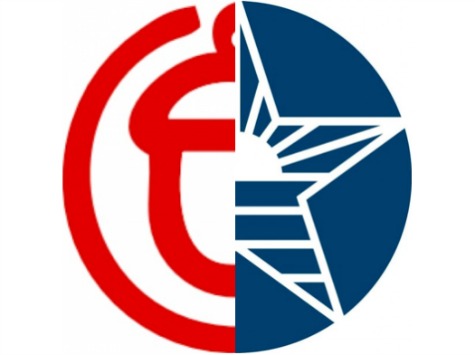The Obama campaign offshoot known as Battleground Texas, which was caught on hidden camera by James O’Keefe allegedly violating state law by encouraging volunteers to copy voters’ private telephone numbers from registration forms into their get-out-the-vote database, has doubled down on the practice, claiming that Texas Attorney General Greg Abbott himself sanctioned their conduct in his previously issued legal opinions.
According to Jay Root of the Texas Tribune, Battleground Texas–which is attempting to “turn Texas blue” in helping Democratic gubernatorial candidate Wendy Davis–now claims that telephone numbers on voter registration forms are “public information.” The group’s lawyer, Graham Wilson, cites Abbott–Davis’s GOP opponent–declaring in 2010 that Dallas County “may not withhold the telephone numbers” from a requestor.
Yet Abbott’s opinion clearly applies only to the county itself. There is also a world of difference between copying telephone numbers directly from voter registration forms–in apparent direct violation of Texas state statute–on the one hand, and filing a formal request through the relevant public authorities, on the other (see below).
Wilson tries to dodge that argument, claiming that a separate opinion from the Texas secretary of state allows volunteers to “copy the relevant information from the application in writing just as you would be able to do if you went to the registrar’s office and pulled a copy of the original application.” The key phrase, however, is “relevant information.” State law does not, apparently, bar copying the name and address from a registration form. It does, however, single out telephone numbers–which Wilson apparently does not try to deny.
As Ken Klukowski noted last week, the Fifth Circuit held last year that volunteer deputy registrars are appointed county officials, no different for the purposes of the law than paid officials. Moreover, that decision affirmed the above distinction between voter details copied by volunteers, versus those made available by the government (“The question here is not whether such applications will be made available for photocopying but how.”).
Wilson still argues against that Fifth Circuit precedent and claims that the statute does not refer to volunteers when it describes “deputy registrars” who may not transcribe telephone numbers. He even claims that Battleground “has not used and is not retaining phone numbers taken off voter registration forms by volunteers.” The video suggests otherwise–that Battleground stores those numbers in its database for later use
As volunteer Jennifer Longoria says in the video:
“Once we register people to vote tonight, we will all turn in our cards and our data person will enter not all the information but name, address, and phone number. And then whoever registered them into a database, and because that information will be pulled back up again once elections come up, and we then call everyone here and say, ‘Hi, I registered you to vote.'”
In any case, whether or not it might be legal under certain conditions for some people to go to a county building to get a phone number is beside the point. The statute explicitly says registrars cannot “transcribe, copy, or otherwise record a telephone number furnished on a registration application.” The federal appeals court says that law applies to volunteer registrars. A reasonable person should conclude from those words that if you’re a volunteer registrar, you can’t write down, copy, or use voters’ telephone numbers. It’s hard to imagine how the law could be more explicit. Any argument to the contrary seems to fly in the face of what the law says.
So it looks like someone copying those numbers is quite possible breaking the law, and the apologists on the other side cite to no legal precedent indicating those words mean anything other than what they say.

COMMENTS
Please let us know if you're having issues with commenting.